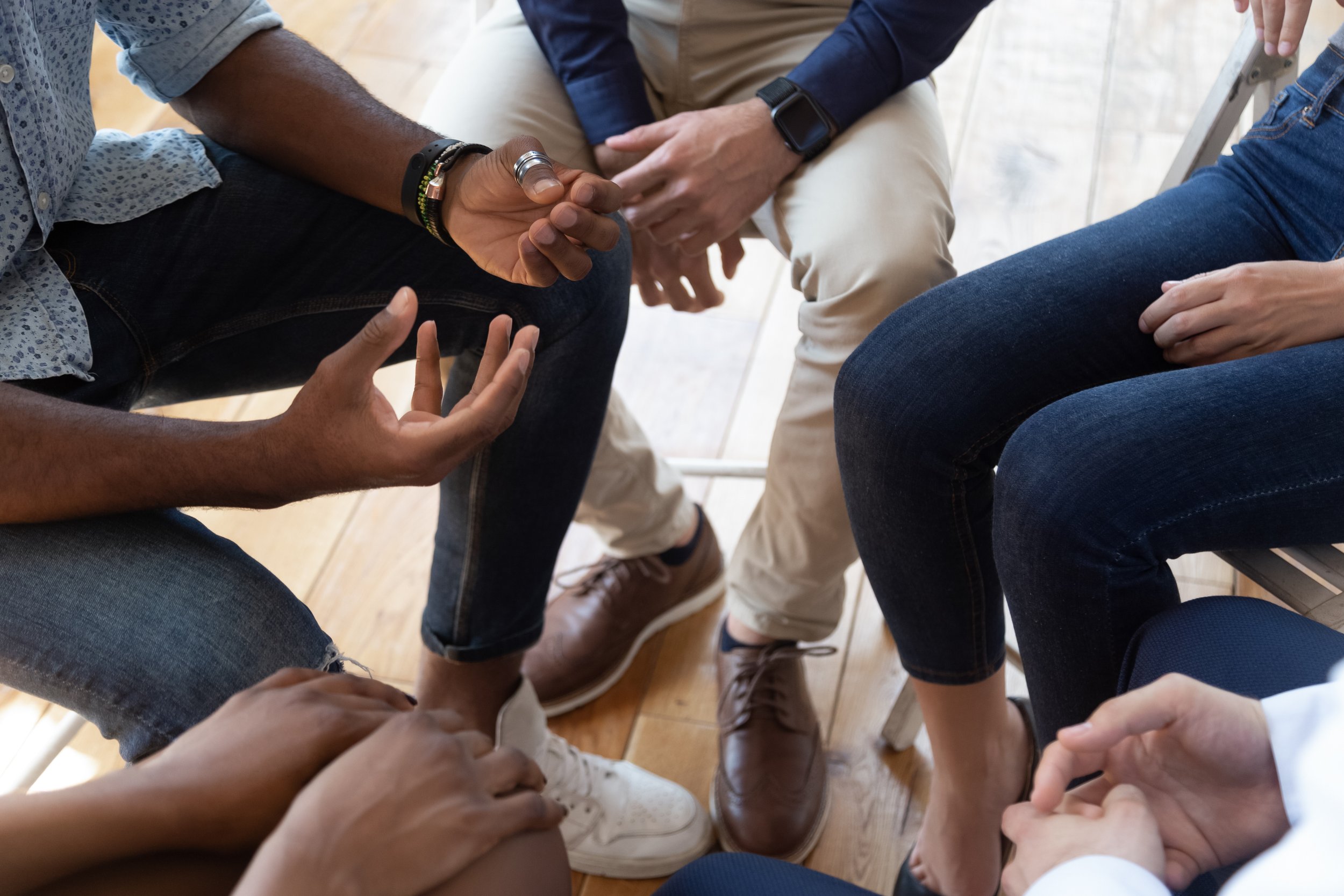
EMPOWERING BLACK MENTAL HEALTH COUNSELORS
by carrying the burden of debt and costs of education and training through financial reparations.
Providing Student Loan
Debt Relief
Repairing Persistent Racial
Economic Inequalities
A Practical Step Towards
Racial Reconciliation
Our Community Needs More Black Mental Health Counselors.
However, less than 19% of mental health counselors in America are Black. As more Black individuals attend therapy, issues surrounding racial trauma can be better addressed through a more culturally appropriate lens. Furthermore, Black individuals tend to seek out clinicians who share their racial/ethnic identity.
Our work increases the access to and representation of Black mental health counselors by reducing their academic and professional financial burden through the redistribution of wealth.
Saying “I’m sorry” is insufficient. This work invites the dominant culture to careful action through financial repair of the wealth gap. We also invite all who have a passion for righting injustices and who want to see an increase in the number of Black counselors to contribute.
We Believe That Racial Justice is Possible and Practical.
We acknowledge that reconciliation and reparations are an attempt at bridging the wealth gap created by persistent racial inequality. We want to:
Strengthen and provide support to Black mental health professional counselors by providing student loan debt relief, supervision grants, scholarships, and mentorship.
Increase equitable representation by growing the number of culturally competent, licensed, or licensed-eligible Black mental health counselors.
Cultivate a community where all people have equal access to quality, affordable, and culturally competent mental health services.
In-Depth Look At The Lack Of Diversity In Mental Health Professionals
“According to the American Psychological Association and American Psychiatric Association, just 4 percent of psychologists in the U.S. are Black, and only 2 percent of psychiatrists are Black. NBC News reports on what’s being done to change that.”
Here’s Why Black Leaders Say The Student Loan Crisis is a Civil Rights Issue
“Tony Montgomery has been forced to put off his law school plans and can’t afford to buy a home or pay for health insurance because he’s drowning in $30,000 of student loan debt.
Montgomery, a home-school teacher and tutor from Mansfield, Texas, said he’s had to pick up night shifts at a local grocery store to pay his student loan bills. He’s currently living with his mother and helps her out financially…”
Apology to People of Color for APA’s Role in Promoting, Perpetuating, and Failing to Challenge Racism, Racial Discrimination, and Human Hierarchy in U.S.
“The American Psychological Association failed in its role leading the discipline of psychology, was complicit in contributing to systemic inequities, and hurt many through racism, racial discrimination, and denigration of people of color, thereby falling short on its mission to benefit society and improve lives. APA is profoundly sorry, accepts responsibility for, and owns the actions and inactions of APA itself, the discipline of psychology, and individual psychologists who stood as leaders for the organization and field…”
What People Are Saying
How This Works
90% of all contributions go directly to student debt relief, scholarships, and supervision grants. The remaining 10% go towards supporting our operational costs.
We are currently paying off the student loan of a participant who is a practicing mental health counselor in Nashville.
More information on participant selection and how to apply coming soon.
Stay Up-To-Date with Our Email List
We occasionally send updated and educational resources to our list. We will not spam you or sell your information. You can read our Privacy Policy here and may unsubscribe at any time.





